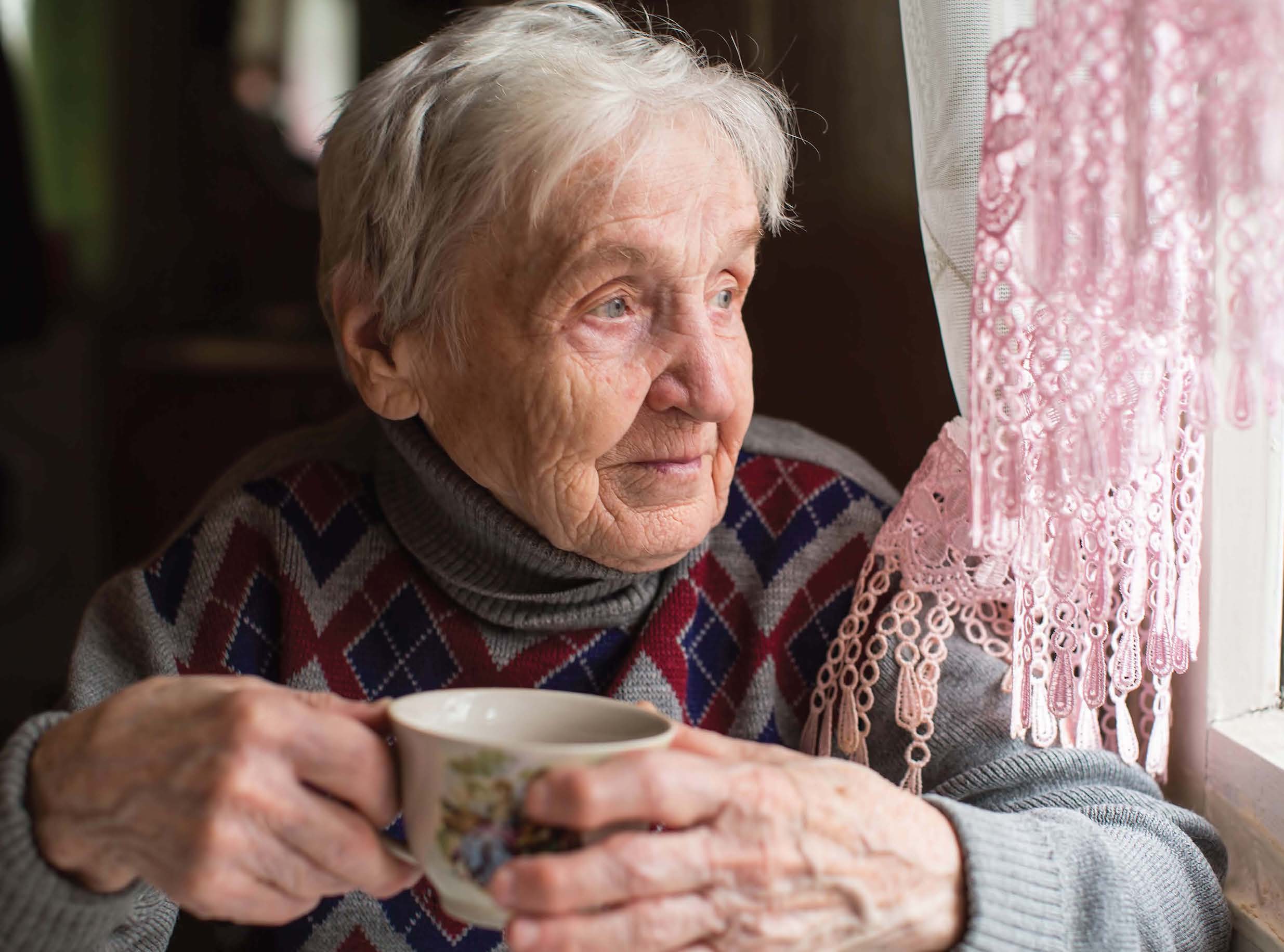Transforming long-term care after COVID-19 requires federal and provincial action and leadership
(Ottawa, January 30, 2024) – The Royal Society of Canada (RSC) has released its latest report, Repair and Recovery in Long-Term Care: Restoring Trust in the Aftermath of COVID-19 (2020-2023) under the guidance of an expert Working Group and as part of the RSC Task Force on COVID-19.
Three and a half years after the World Health Organization (WHO) first declared COVID-19 a global pandemic and the disease first appeared in a Canadian long-term care (LTC) home, older adults in LTC still die every week from COVID-19. The LTC workforce emergency continues, and remaining staff work short-handed, some without benefits.
Despite new cash injections, LTC homes remain deeply under-resourced; newly crafted major and robust LTC standards remain voluntary; and the promised Safe Long-term Care Act has yet to be tabled in Parliament.
The report states that the need for federal and provincial action and leadership on long-term care (LTC) is urgent and provides eight concrete recommendations that could be implemented now, based on a comprehensive deliberation and review of the most recent evidence.
“Long term care homes and the systems that support them were unprepared for a global pandemic, having suffered decades-long under-resourcing and inaction. Repair and recovery, while they may take near Herculean effort and a grit akin to dust-bowl determination, is possible,” says Dr. Carole Estabrooks, Chair of the Working Group, and Scientific Director of the pan-Canadian Translating Research in Elder Care (TREC) and Professor & Canada Research Chair, Faculty of Nursing at the University of Alberta.
“Our long-term care sector could be a highly resilient system equipped to meet the challenges ahead with long-term care homes that older adults do not fear but understand as places where life and the end-of-life are lived with dignity, choice and enough joyful moments to make a good life.
It is going to take consequential action,” says Dr. Estabrooks.
During the pandemic, Canada and the provinces made mistakes, as the first in this series of RSC reports on LTC, Restoring Trust, noted. This new follow-up report highlights the many improvements in infection control and other measures that have been implemented in LTC since the beginning of the COVID-19 crisis, the innovative programs that were created and the policy gaps that have been tackled.
But now we need immediate and concrete action to strike at the heart of the many challenges that remain for a genuine transformation of LTC. This action must tackle the LTC workforce crisis, including adequate recruitment and effective retention policies and practices; the accountability structure in LTC; federal transfer payments conditional on transparent outcomes and performance metrics, according to the report.
Recommendations also include building enhanced and integrated data systems; embracing consideration of the social and moral determinants of health for both LTC residents and staff; and enacting human rights reform in the governance laws and practices of LTC, as well as in education and training for LTC staff — among others.
“Living well is what matters most” for our older adults in LTC, the report authors state — and that is the vision that must be embraced by our governments and community leaders. We can get there with action: “It is as much a human rights mission as a mission of care,” the report concludes.
Read the Eight Recommendations on LTC from the study, available online.
A webinar about the RSC LTC study will be made available shortly.
For media interviews, contact:
Paige Beveridge
Communications Manager, The Royal Society of Canada
(613) 991-6990
pbeveridge@rsc-src.ca
www.rsc-src.ca
Kathleen O’Grady
CEO, QUOI Media Group
613-897-9276
kathleen54@rogers.com
www.quoimedia.com
Read the report:
Repair and Recovery in Long-Term Care: Restoring Trust in the Aftermath of COVID-19 (2020-2023)
Background
Established by the President of the Royal Society in April 2020, the RSC Task Force on COVID-19 was mandated to provide evidence-informed perspectives on major societal challenges in response to and recovery from COVID-19.
The Task Force established a series of Working Groups to rapidly develop Policy Briefings, with the objective of supporting policy makers with evidence to inform their decisions.
About the Royal Society of Canada
Founded in 1882, the Royal Society of Canada (RSC) is comprised of The Academy of Arts and Humanities, The Academy of Social Sciences, The Academy of Science, and The RSC College. The RSC recognizes excellence, advises the government and the larger society, and promotes a culture of knowledge and innovation in Canada and with other national academies around the world.
-30-




